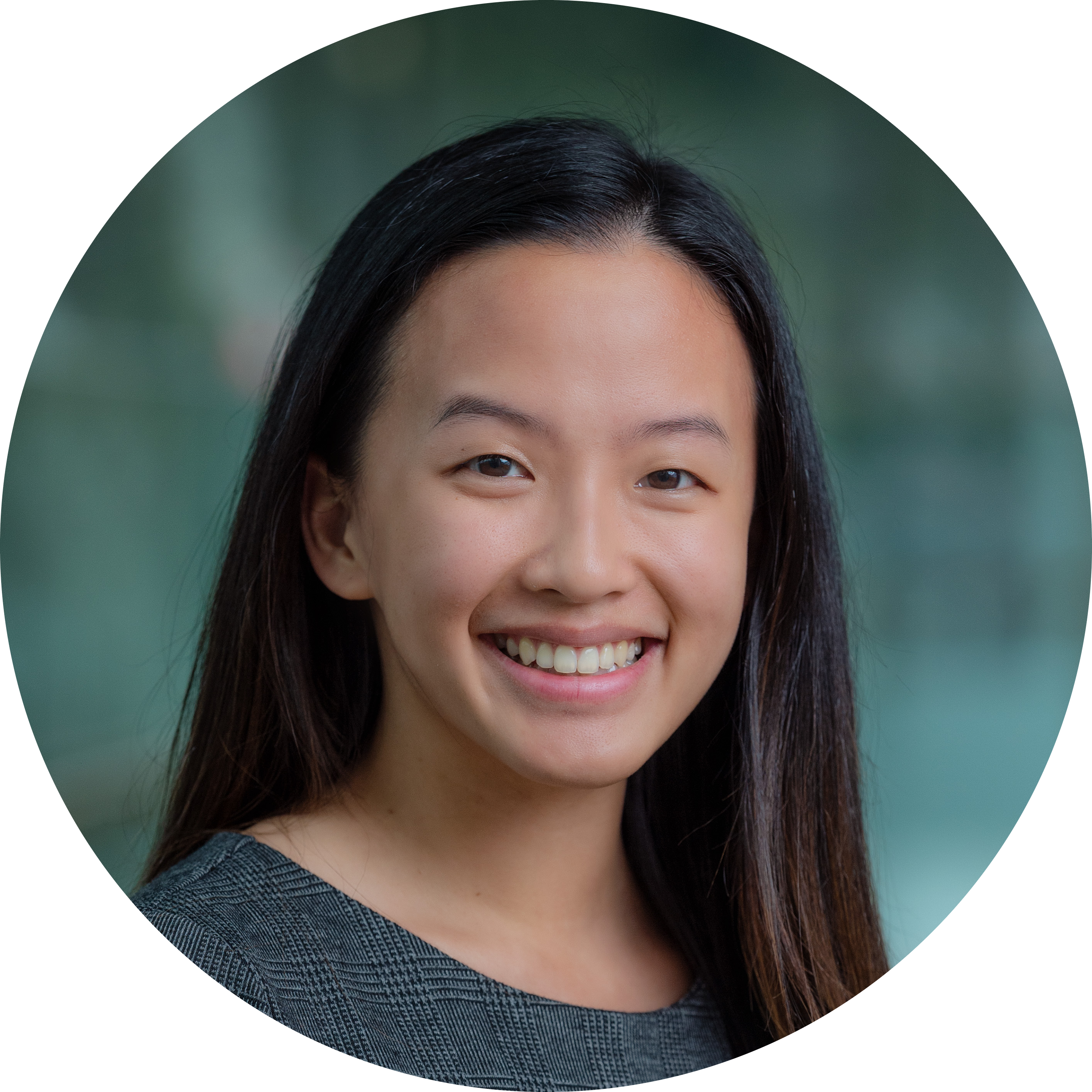Tiffany (she/her) is a 2nd generation Chinese Canadian based on the traditional, ancestral and unceded territories of the Musqueam, Squamish and Tsleil-Waututh nations. She majored in International Relations with a minor in Asian Canadian and Asian Migration studies, along with the Master of Management dual degree program. Tiffany’s studies in ACAM have focused on how the storytelling of Asian Canadian histories can educate and shape a better future for racialized communities in British Columbia. During her time at UBC, she was involved in spearheading the UBC Scholars Community and Student Alumni Council. She is particularly grateful for ACAM’s opportunities for research and community engagement, as she worked as a Community Strategy Analyst and Research Assistant for the UBC Initiative for Student Teaching and Research in Chinese Canadian Studies.
Why did you declare a minor in ACAM? What drew you to the program?
I took an ACAM course as an elective and halfway through that term, I knew I wanted more and declared the minor. During the first few years of my undergrad, I often felt a disconnect from my courses and struggled to feel/be seen. ACAM courses have allowed me to develop language to articulate my experiences as a Chinese Canadian woman. The program gave an opportunity to challenge what I had previously been taught and understand my place as a racialized settler.
What connections and ideas were you able to foster through ACAM?
ACAM not only provided me a space to understand my identity and heritage, but it connected me to peers and faculty who are invested in challenging the status quo and creating safe spaces for dialogue. The program is deeply grounded in community engagement and provided opportunities for re-envisioning what academia looks like. The work we do in class isn’t just for a grade – it is always reflective of what is happening in the current moment, our own lived experiences and how we can contribute to a better world. Particularly in a year when we’ve sought to understand the rise of anti-Asian racism, Black Lives Matter and heightened precocity in a pandemic, I am grateful to ACAM for providing spaces for learning, reflection and action.
Have you completed any projects through or related to an ACAM course? If so, could you share your experiences and, if possible, share a link to your project.
While taking two courses with Dr. Henry Yu, I had the opportunity to join the UBC INSTRCC storygathering team, where we were editing short films for the “A Seat at the Table” exhibitions in Chinatown and at the Museum of Vancouver. As someone who had not done much filmmaking beforehand, this was a learning experience and quickly evolved into more opportunities to engage with Vancouver Chinatown projects. I’ve had the opportunity to work closely with community partners like the Chinese Canadian Museum, PCHC-MOM and Museum of Vancouver on various events and programs. I also collaborated with my team on launching social media campaigns and running virtual events. You can see some of the work we’ve done on our Instagrams @ubcinstrcc and @chinesecanadianstories.
 Faculty of Art
Faculty of Art
